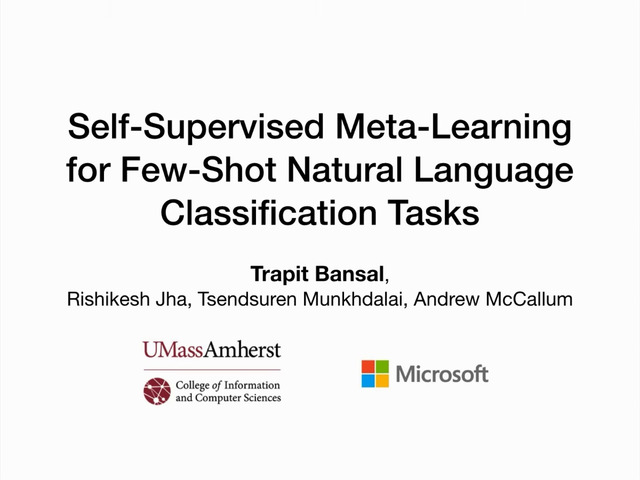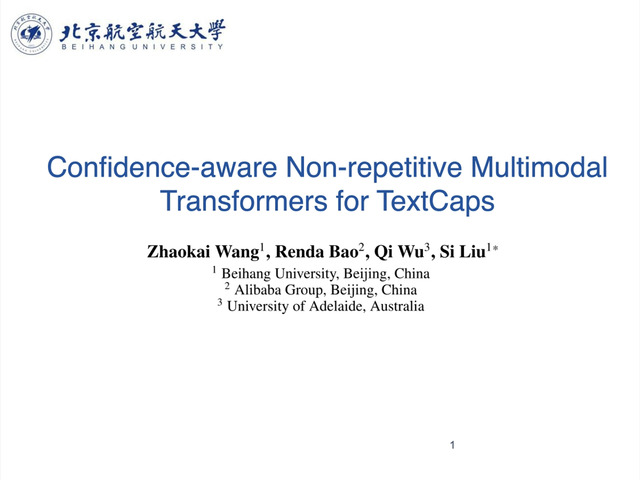Abstract:
Despite the recent success of contextualized language models on various NLP tasks, language model itself cannot capture textual coherence of a long, multi-sentence document (e.g., a paragraph). Humans often make structural decisions on what and how to say about before making utterances. Guiding surface realization with such high-level decisions and structuring text in a coherent way is essentially called a planning process. Where can the model learn such high-level coherence? A paragraph itself contains various forms of inductive coherence signals called self-supervision in this work, such as sentence orders, topical keywords, rhetorical structures, and so on. Motivated by that, this work proposes a new paragraph completion task PARCOM; predicting masked sentences in a paragraph. However, the task suffers from predicting and selecting appropriate topical content with respect to the given context. To address that, we propose a self-supervised text planner SSPlanner that predicts what to say first (content prediction), then guides the pretrained language model (surface realization) using the predicted content. SSPlanner outperforms the baseline generation models on the paragraph completion task in both automatic and human evaluation. We also find that a combination of noun and verb types of keywords is the most effective for content selection. As more number of content keywords are provided, overall generation quality also increases.









































